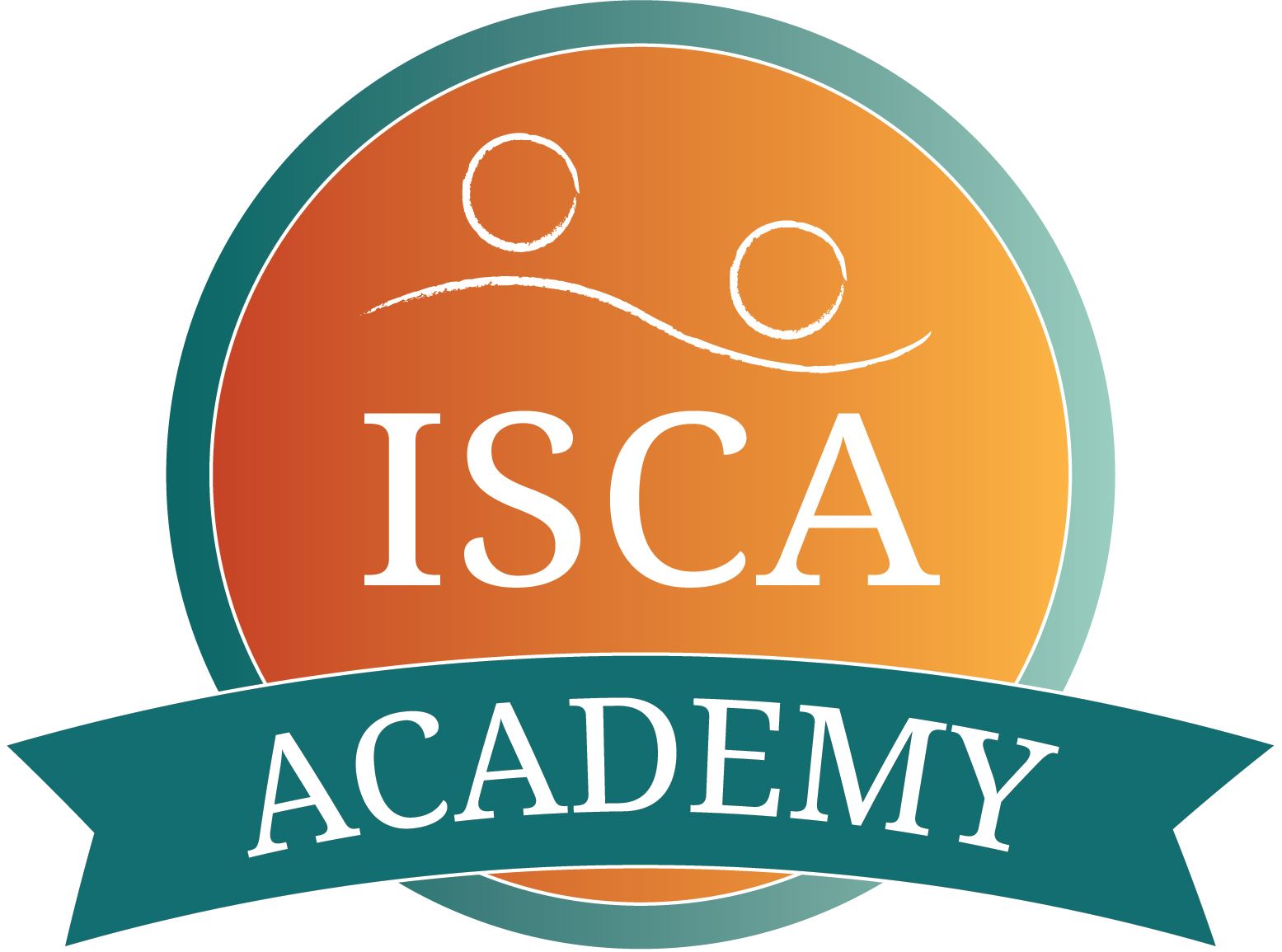- Home
- Implementing a Trauma Informed School Program
|
Course Title | Implementing a Trauma Informed School Program |
Course Number | TBA |
Course Overview | Adverse life experiences (trauma) has an impact on students and the entire school system. When school counselors and administrators understand the multiple ways trauma can impact all stakeholders, they are empowered to tailor their leadership and school counseling program to accurately meet the needs of students and staff. We know that we are in unprecedented times and our delivery of school counseling services must change. It is vital that we understand the long and short term impact adversity and trauma has on human behavior so that we can assess and implement a program that meets the needs of our students. Upon completion of this course, school counselors and leaders will understand the impact of trauma on the human nervous system. They will know the multiple ways humans respond to the threat of their sense of safety at all ages, and gain tools for implementing responsive services. The attendee will have exact next steps mapped out so they can begin implementation. Each module will follow the topics listed and answer the questions. Each module will also provide PDF takeaways to implement in staff meetings, group counseling sessions, advisory, or individual sessions with students. This course is designed to be highly informative and practical in application. Module 1 (3 hours) Understanding Student and Staff Interactions
Module 2 (3 hours) Building a Program with Adequate Responsive Services
Module 3 (3 hours) Self Assess - Are You Ready to keep yourself and Others Safe?
|
|
ASCA Ethical Standards (2016) B.2. Responsibilities to the School counselors: a. Develop and maintain professional relationships and systems of communication with faculty, staff and administrators to support students. ASCA Professional Standards and Competencies B-PF 6. Demonstrate understanding of the impact of cultural, social and environmental influences on student success and opportunities
|
Intended Audience | This course is suitable for all school counselors and administrators |
Essential Questions | How have the adverse experiences of my students over the last year and a half impacted their social and emotional development? How have the adverse experiences of the adults on staff impacted their ability to perform at work and connect with students in meaningful ways? |
Knowledge | Skills |
Participants will have knowledge about: | Participants will be able to: |
|
|
About the Facilitator |
|
Dates and times of offerings | February 8, 2024 - 8:00AM to 11:00AM GMT February 15, 2024 - 8:00AM to 11:00AM GMT February 22, 2024 - 8:00AM to 11:00AM GMT |
Contact hours | 9 hour course |
Time commitment between sessions |
1-2 hours of reading. More if they would like to start developing curriculum
|
Required Resource(s) | Souers, K., & Hall, P. (2016). Fostering resilient learners (1st ed.). ASCD Approximately $30 per book -- Purchase from www.bookdepository.com or www.amazon.com. |
References | Anodea, J. (2011). Eastern body, western mind. Ten Speed Press. Judith, A. (1993). The sevenfold journey. Crossing Press. Levine, P. (1997). Waking the tiger. North Atlantic Books. Matsakis, A. (1998). Trust after trauma. New Harbinger Publications. Souers, K., & Hall, P. (2016). Fostering resilient learners (1st ed.). ASCD. |



 Janice Holland is a Licensed Professional Counselor Supervisor in the state of Texas, and a certified Trauma Model Therapist through The Ross Institute. Prior to moving overseas to be a school counselor in China, Janice owned a private practice in Dallas, Texas, where she specialized in the emotional impact and subsequent treatment of Trauma. While she enjoyed helping those who have experienced extreme childhood trauma receive healing and freedom, her greatest interest was in training other therapists in understanding how adverse life experiences impacts us as humans and how we, as mental health professionals, can help. Janice traveled throughout Texas and several surrounding states to train therapists on this topic. Janice has had the privilege of presenting for ISCA on trauma on three separate occasions .
Janice Holland is a Licensed Professional Counselor Supervisor in the state of Texas, and a certified Trauma Model Therapist through The Ross Institute. Prior to moving overseas to be a school counselor in China, Janice owned a private practice in Dallas, Texas, where she specialized in the emotional impact and subsequent treatment of Trauma. While she enjoyed helping those who have experienced extreme childhood trauma receive healing and freedom, her greatest interest was in training other therapists in understanding how adverse life experiences impacts us as humans and how we, as mental health professionals, can help. Janice traveled throughout Texas and several surrounding states to train therapists on this topic. Janice has had the privilege of presenting for ISCA on trauma on three separate occasions .